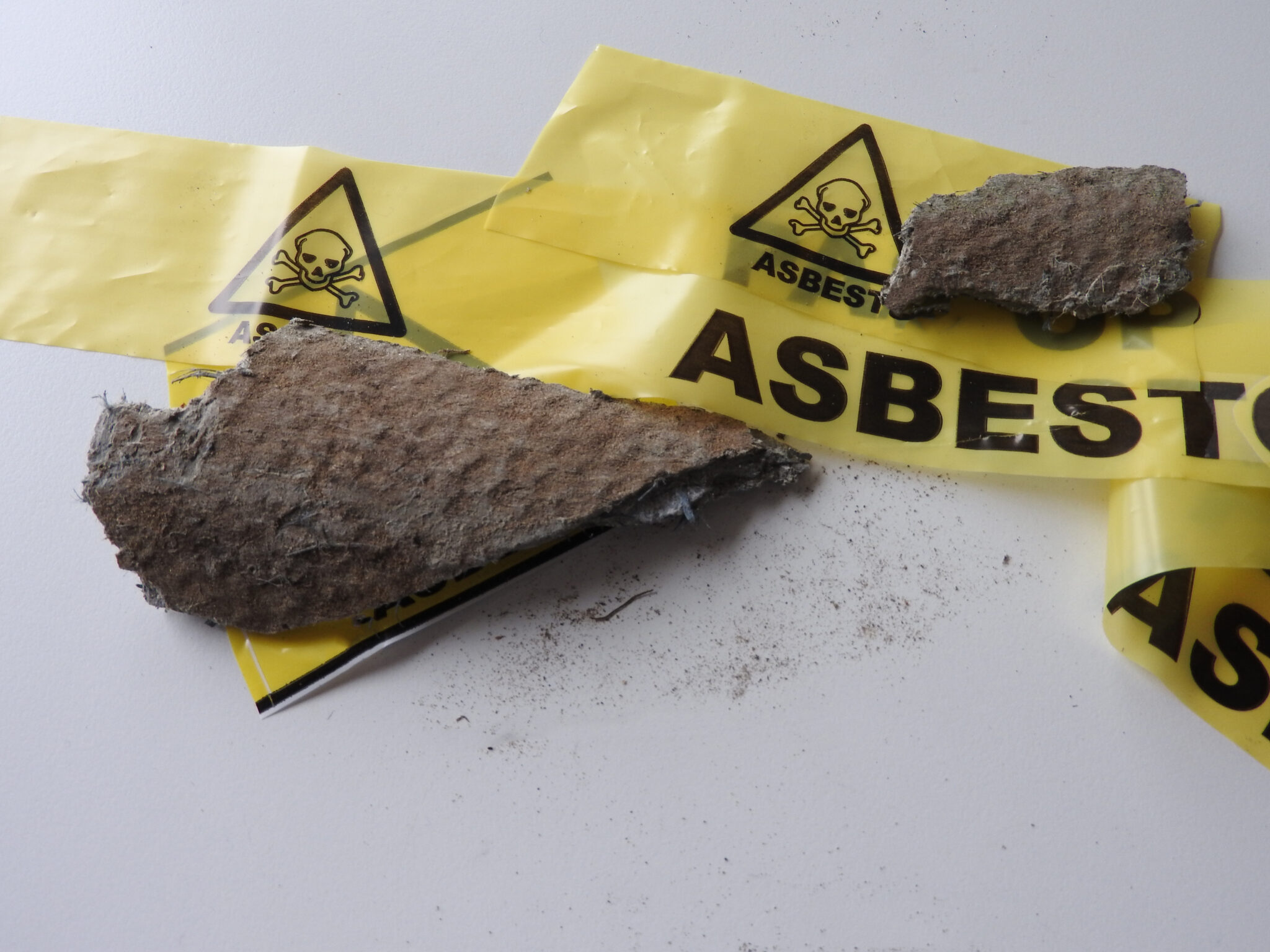Picture this: You head to your basement to grab something from storage, only to find inches of water covering your floor. This is a homeowner’s nightmare that’s all too common in Allentown, Pennsylvania.
Our region’s heavy rainfall, aging infrastructure, and unique geography make Allentown basement flooding a frequent concern for local homeowners. The good news is that many causes of basement flooding are preventable with the proper knowledge and maintenance approach.
Weather-Related Causes
Allentown’s weather patterns can be particularly challenging for basement integrity. Our area experiences significant rainfall during spring and summer storms, and snowmelt in winter adds the additional challenge.
One of the most common issues is poor lot grading, where the ground slopes toward the house instead of away from it. This simple landscaping issue can direct thousands of gallons of water toward your foundation during heavy rains.
Clogged or damaged gutters and downspouts are another major culprit we frequently encounter. When gutters overflow, or downspouts dump water too close to the foundation, the water has nowhere to go but down into the basement.
Infrastructure and Plumbing Issues
Many homes in Allentown were built decades ago, and their aging sewer systems and plumbing show signs of wear. Overtaxed or deteriorating sewer lines, especially in older neighborhoods, regularly cause basement flooding.
Sump pump failures often occur at the worst possible time, during heavy rains when needed most. Regular maintenance and having a battery backup system can mean the difference between a dry basement and a flooded one.
While foundation cracks might start small, they can quickly become significant water entry points. These cracks often develop due to natural settling and can worsen with the standard freeze-thaw cycles in Pennsylvania winters.
Hidden and Preventable Causes
Many homeowners overlook window wells, a frequent source of basement flooding. Without proper drainage and covers, these wells can become collection points for water that seeps directly into the basement.
Landscaping choices can more significantly impact basement flooding than most people realize. Trees planted too close to the house can have roots that disrupt drainage systems, while dense flower beds against the foundation can trap moisture.
Recent construction in your neighborhood can change the water table and drainage patterns in ways that affect your property. We’ve seen many cases where new development has led to unexpected water issues in previously dry basements.
Prevention is always more cost-effective than dealing with a flooded basement. Simple steps like extending downspouts, maintaining proper grading, and regular foundation inspections can save thousands in water damage repairs.
Protect Your Basement
Don’t wait until you have a flooded basement to take action. The team at Compleat Restorations has helped countless Allentown homeowners identify and address potential flooding issues before they become emergencies.
Our experienced technicians understand the unique challenges that Allentown properties face when it comes to basement flooding. We offer comprehensive inspections that can identify potential problems before they lead to water damage.
Whether you’re dealing with an active flooding issue or want to prevent future problems, we’re here to help. Our experts can provide customized solutions based on your home’s needs and circumstances.
Contact Compleat Restorations today to schedule your free basement inspection. We offer emergency services 24/7 and have a team of certified professionals ready to help protect your home from basement flooding.
Remember, prevention is key when it comes to basement flooding in Allentown. Taking action now can save you from dealing with costly water damage and the headache of cleanup in the future.


